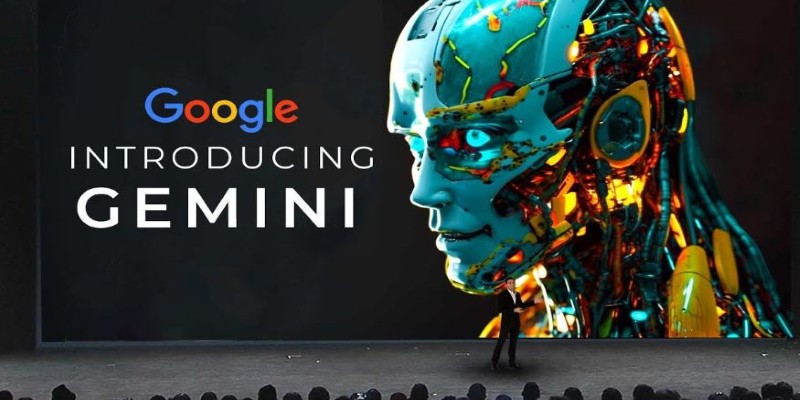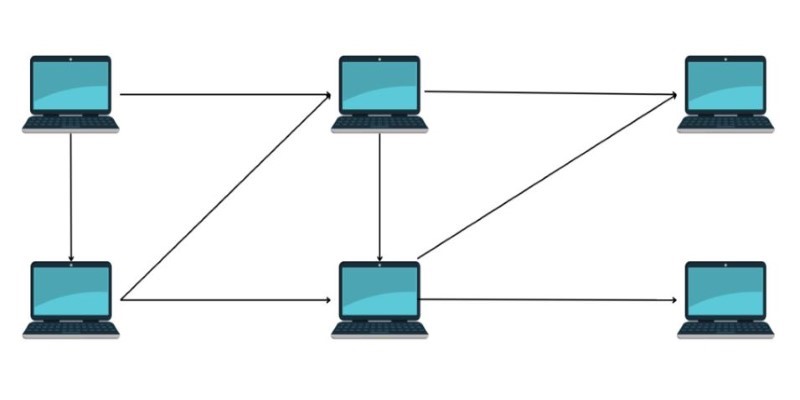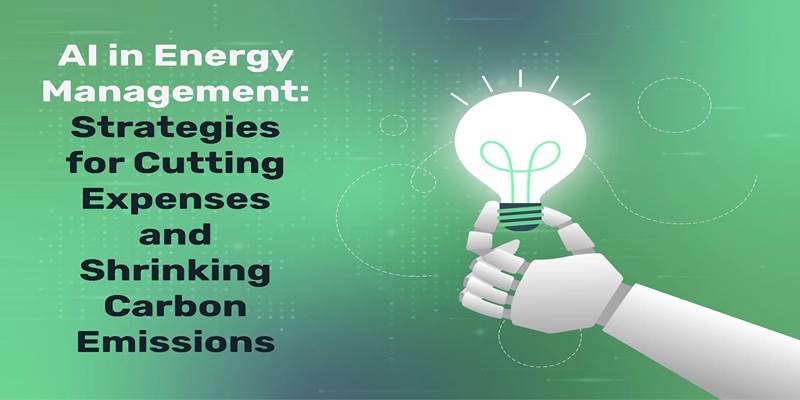Google has made a significant leap in artificial intelligence by unveiling its largest AI model, Gemini. As AI continues advancing rapidly, Gemini’s launch has drawn widespread attention from tech enthusiasts and professionals. This groundbreaking model aims to expand the possibilities of machine learning by setting a new global standard for AI models.
Built on Google's extensive research and expertise, Gemini is adept at handling complicated tasks efficiently and quickly. Its advanced capabilities would redefine AI's role in various fields. We are going to explore Gemini's features, discover what makes it different, and see how this approach might change things in the future with artificial intelligence.
What is Google Gemini?
Google Gemini is, however, definitely not another model; this is a completely revolutionary leap for the AI world. It is way larger than its predecessors, with the speed and capability of processing and handling humongous data within record time. A vast scale is achieved in architecture to handle extensive amounts of activities that can easily include natural language processing and all sorts of complex problem-solving at a complexity unseen before with AI.
Therefore, Gemini's approach presents a new angle for machine learning, built on more complex techniques to produce higher accuracy and better adaptability. The model has been trained on a very large dataset encompassing diverse ranges of information drawn from multiple sources. This has enabled Gemini to perform tasks such as language translation, summarization, and even creative writing by requiring deep understanding and nuanced reasoning.
One of Gemini's great capabilities is that it creates human-like responses, making it useful in applications like customer service, virtual assistants, and content generation. It is equally good at things that demand more technical competence, like data analysis, predictive modeling, and decision-making support. Google, with Gemini, is setting a new standard for future models while pushing AI to its boundaries.
Key Features of Google Gemini
Gemini is the company's milestone in AI model development. Through this launch, Google will enhance its interaction with users and data processing. It has been under development for several years, coupled with the implementation of advanced technologies.

First and foremost, Gemini is designed to be more scalable than previous models. Its architecture supports large-scale data processing, which means it can analyze and interpret vast amounts of information more efficiently. Whether it’s handling multiple queries at once or processing extensive datasets, Gemini is built to perform under heavy loads.
Another important feature of Gemini is its multi-modal capabilities. It doesn't just process text but can also interpret images, videos, and other forms of media. This makes it an ideal model for applications in industries like entertainment, healthcare, and education, where different types of content are commonly used together. For example, in healthcare, Gemini can analyze medical images and cross-reference them with medical records to provide insights that help doctors make better decisions.
In addition to its processing power, Gemini is designed to be more context-aware. This means it can understand and remember previous interactions, which is particularly useful in customer service or support-based applications. By improving context retention, Gemini can offer more personalized responses and better anticipate user needs.
The Impact of Gemini on AI Technology
The launch of Gemini is poised to profoundly impact the field of artificial intelligence. With its increased capabilities and versatility, it is set to redefine what AI can do. As more industries adopt AI-powered solutions, models like Gemini will play a central role in shaping the future of technology.
One of the most significant implications of Gemini's release is its potential to accelerate the adoption of AI across various sectors. From healthcare to finance, education to entertainment, AI models are already making their way into businesses worldwide. Gemini's advanced capabilities could enable faster and more accurate data analysis, helping companies make smarter decisions.
Moreover, Gemini's multi-modal aspect opens up new opportunities for AI in fields like creative arts and media. AI-generated content is already making waves, and with Gemini’s enhanced abilities, the quality and range of content it can generate will only continue to improve. Whether it's creating new forms of art, writing, or entertainment, Gemini can push the boundaries of what AI is capable of in creative fields.
The Future of AI with Google Gemini
Looking ahead, the launch of Gemini is likely just the beginning of a new era for artificial intelligence. Google has already set a high bar with this model, and it's expected that other tech companies will soon follow suit with their own advanced AI models. This competitive environment will likely spur even greater innovation, leading to even more powerful and sophisticated AI systems.

However, as AI continues to advance, ethical concerns will also become more prominent. Companies like Google will need to address issues such as data privacy, algorithmic bias, and the potential for misuse to ensure that AI is developed responsibly. Google has already taken steps in this direction, emphasizing its commitment to responsible AI development. However, as Gemini and other AI models become more integrated into everyday life, these challenges will only grow more complex.
Ultimately, Google Gemini represents the forefront of AI technology—a model that combines advanced processing power with innovative capabilities. Its impact will be felt across industries and sectors, transforming the way we work, live, and interact with technology. As AI continues to evolve, models like Gemini will shape the future of artificial intelligence.
Conclusion
Google’s unveiling of Gemini marks a groundbreaking leap in artificial intelligence. With its advanced capabilities, multi-modal functionality, and scalable architecture, Gemini redefines the potential of AI across industries like healthcare, education, and entertainment. It sets a new benchmark for problem-solving and creative applications, pushing the boundaries of innovation. However, its development also brings ethical challenges that demand attention. As AI continues to evolve, Gemini offers an exciting glimpse into a future shaped by smarter, more intuitive technology.


